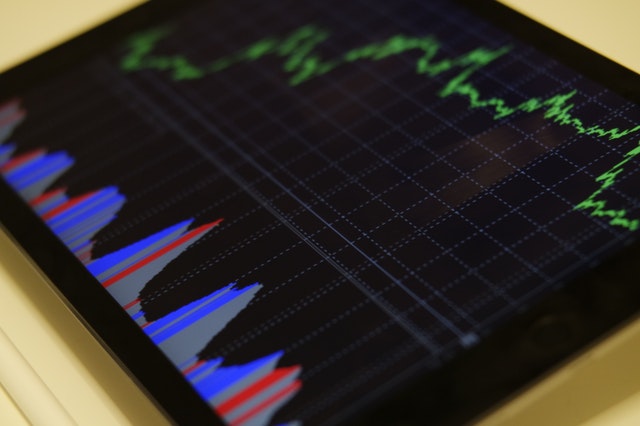
Trading psychology and risk management are crucial components for successful Forex investors. When trading Forex, commodities, or stocks, it is typically trading psychology, rather than a lack of academic understanding or expertise in application, that is thought to be the major source of blunders.
You may have undoubtedly heard that most individuals who try Forex trading end up losing money. There’s a solid reason for this, and the reason is basically that most individuals think about trading from the incorrect perspective. Individuals enter the markets with exaggerated expectations, such as believing they are going to leave their jobs after a month of investing or believing they are going to transform $1,000 into $100,000 in a very short period.
These false assumptions serve to develop an account-destroying trading attitude in most traders since they experience too much stress or “need” to generate money in the markets. As shown on the website of TopForexBrokers.net, when you start trading with this “necessity” or pressure to earn money you end up investing emotionally, which is the quickest way to failure. In this article, we’ll mainly focus on why trading psychology matters when you want to become a successful investor and what are the obstacles you should work on yourself to overcome during trading.
Why Does Forex Trading Psychology Matter?
Because of the stress of trading, it is quite probable that no matter how smart your plan is, you will not be able to execute it successfully, and your account will most likely end up in the negative.
Take a glance at Richard Dennis and Bill Eckhardt’s Turtle Traders research. The same method was taught to a group of traders, using the same risk management standards and concepts. While some were able to achieve great success, others were left behind. What’s the big deal? The psychology of trading. Because they couldn’t withstand the system’s drawdowns or stopped their deals too early, these “turtles” missed out on the finest trading opportunities.
We can’t disregard the need for a trading strategy at the same time. Emotionless traders may be the best disciplined when it comes to trading Forex. However, it should be mentioned that overcoming emotional trading doesn’t mean that you’’ see profits. Apart from emotionless trading, it’s important to have a good trading strategy. Your trading method may benefit from some fine-tuning if you approach it with the appropriate mindset. As a result, a better trading strategy may be achieved by adopting the proper trading attitude. When you’re using a strategy that has been established and proven, you may find it simpler to adhere to your plan and implement it. A good trader must have both the right attitude and the right tools at his disposal – you’re doomed to failure if you don’t have either.
Which Are The Emotions That Should Be Overcame During Trading?
Some of the most typical “emotional” trading blunders that traders make will now be discussed in further detail. Traders must overcome the following emotions in the course of trading:
- Greed
- Fear
- Revenge
“Bulls make money, bears make money, and pigs get slaughtered” is an ancient proverb about trading in the markets. Therefore, being a greedy “pig” in the markets implies that you will almost likely lose all of your invested funds. It’s important to remember that greed may easily wipe out your trading account if you’re not cautious.
Traders who are new to the market or who have not yet learned an efficient trading method like price action trading experience anxiety before joining the market (in which case they should not be trading real money yet anyway). When a trader has a string of poor transactions or has suffered a loss that exceeds their emotional tolerance, fear might occur. To overcome market apprehensions, you must first ensure that you are never risking more money than you are comfortable losing. When a trader is afraid, he may lose out on fantastic trading possibilities.
On the other hand, when individuals lose a bet that they were “confident” would work out, they feel a sense of “revenge” on the market. In trading, there is never a “guaranteed thing.” That is the most important aspect to remember. When you are overconfident while trading this may lead to losing a big amount of money. For example, when you see that you lose some of your funds, you may still continue trading, as you are confident that your strategy and trades will be beneficial. However, you should always consider, that you don’t have to chase your losses if you don’t want to see yourself going bankrupt. Apart from controlling your emotions keep in mind, that you need a good trading strategy, which will allow you to get benefits.
You may be interested in: What Does The Future Hold For Personal Training Industry?

